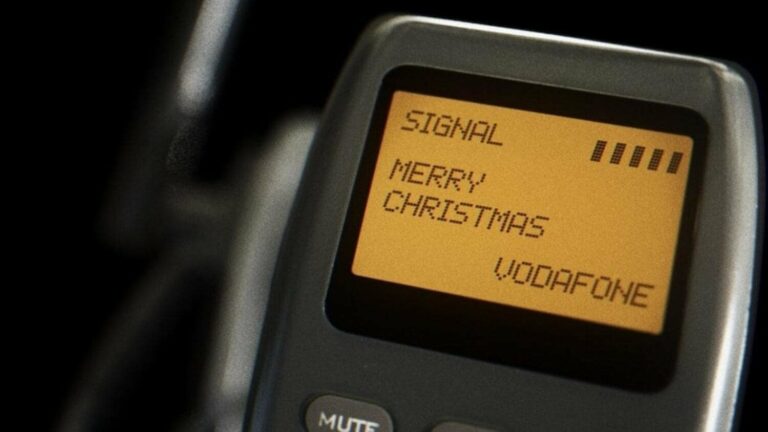During the 2021 Paris Auction House event, Vodafone sold the world’s first SMS as a non-fungible token (NFT) for €132,680 (or $149,729). Vodafone proceeded the entire amount for charity to support the UN Refugee Agency (UNHCR).
It was 1992 when the Vodafone’s programmer Neil Papworth made the cell phone of his colleague, Richard Jarvis, ring in the middle of a corporate Christmas party he was attending. Just two words appeared on the man’s device: “Merry Christmas.” The simplest message in the world, yet capable of entering history as a fundamental step in the history of communication. The forerunner of all SMS, one of those innovations that allowed us to enter the contemporary world, is now sold as an NFT.
The bid for the NFT was high enough as dozens of people wanted its ownership, including 18-year-old entrepreneur Luigi Caradonna. However, he backed out as the bid topped €75000.
“I thought it would be interesting to have this piece of history to hold it as an asset until next year and to sell it next Christmas,” he shared his reason for buying the NFT with CNN.

The bidder who won the NFT did not reveal his identity. All we know is that he is a Canadian working in the tech department. He now exclusively owns the exact replica of the original communication protocol which was used to transmit the SMS. He paid in Ether cryptocurrency as a major point of selling the SMS as an NFT was to merge a 30-year-old innovation with the current “state of the art” technology.
Maximilian Aguttes, the founder of the Auction House, also expressed his enthusiasm for the sale.
“The first printed book, the first phone call, the first email – all these inventions have changed our lives and communication in the world,” he said. “This first text message received in 1992 is a historical testament to human and technological progress – we are delighted to be able to support the sale of this landmark piece of history for this cause.”
Vodafone sold the SMS as an NFT in order to support the United Nations Refugee Agency (UNHCR) that helps forcibly displaced people. The entire amount is given to the agency.
“Through this combination of groundbreaking tech and movement for social good, UNHCR can continue helping refugees and people who’ve been forced from home, allowing them to transform their lives and build better futures for themselves, their loved ones, and communities they’re living in,” stated Christian Schaake, UNHCR’s private sector partnerships service head.
Each NFT is unique, meaning that no two tokens are the same. Since March, when the most expensive NFT artwork was sold for $69,346,250 during an online auction at Christie’s, virtual art has broken into the mainstream.



